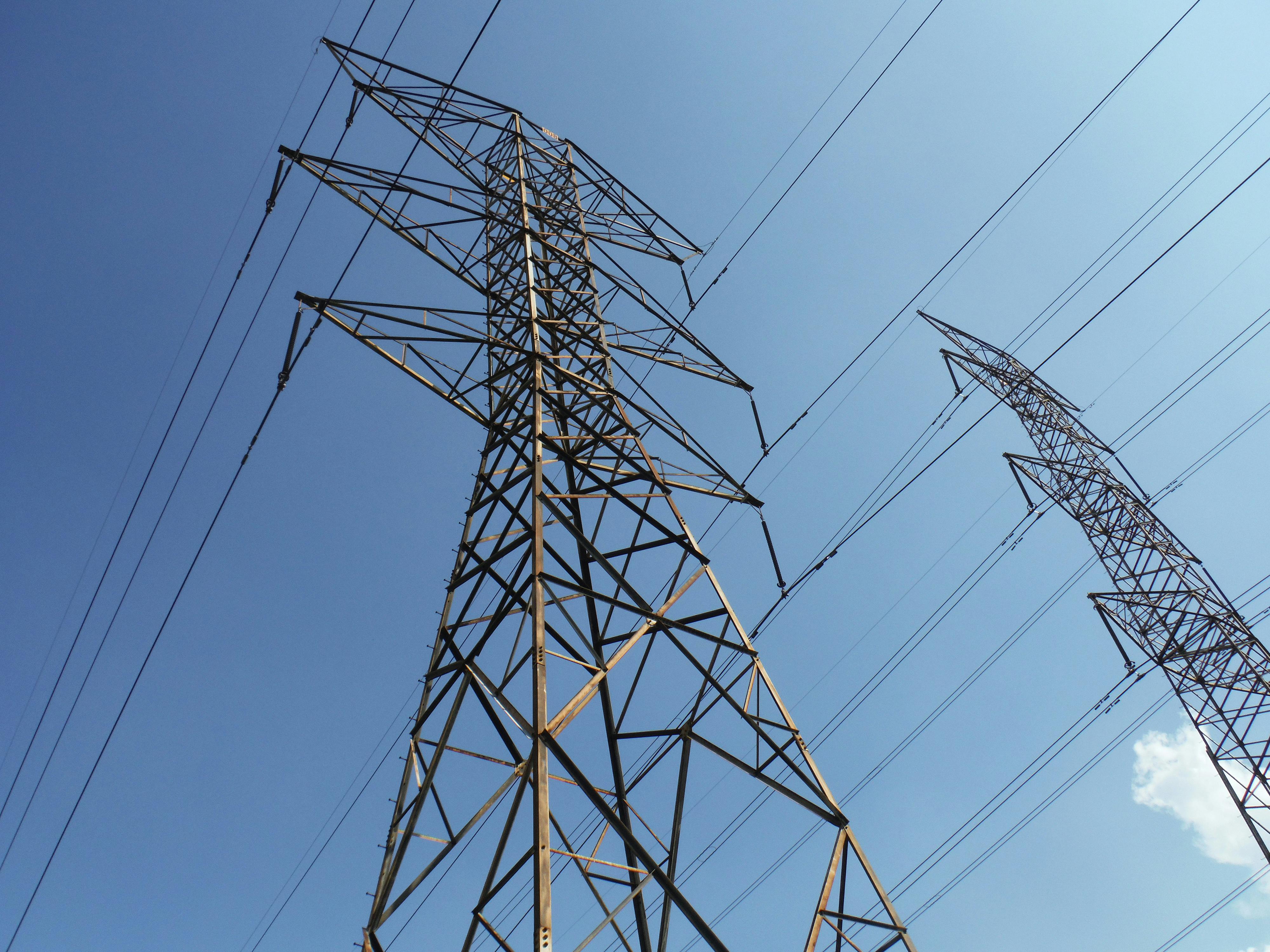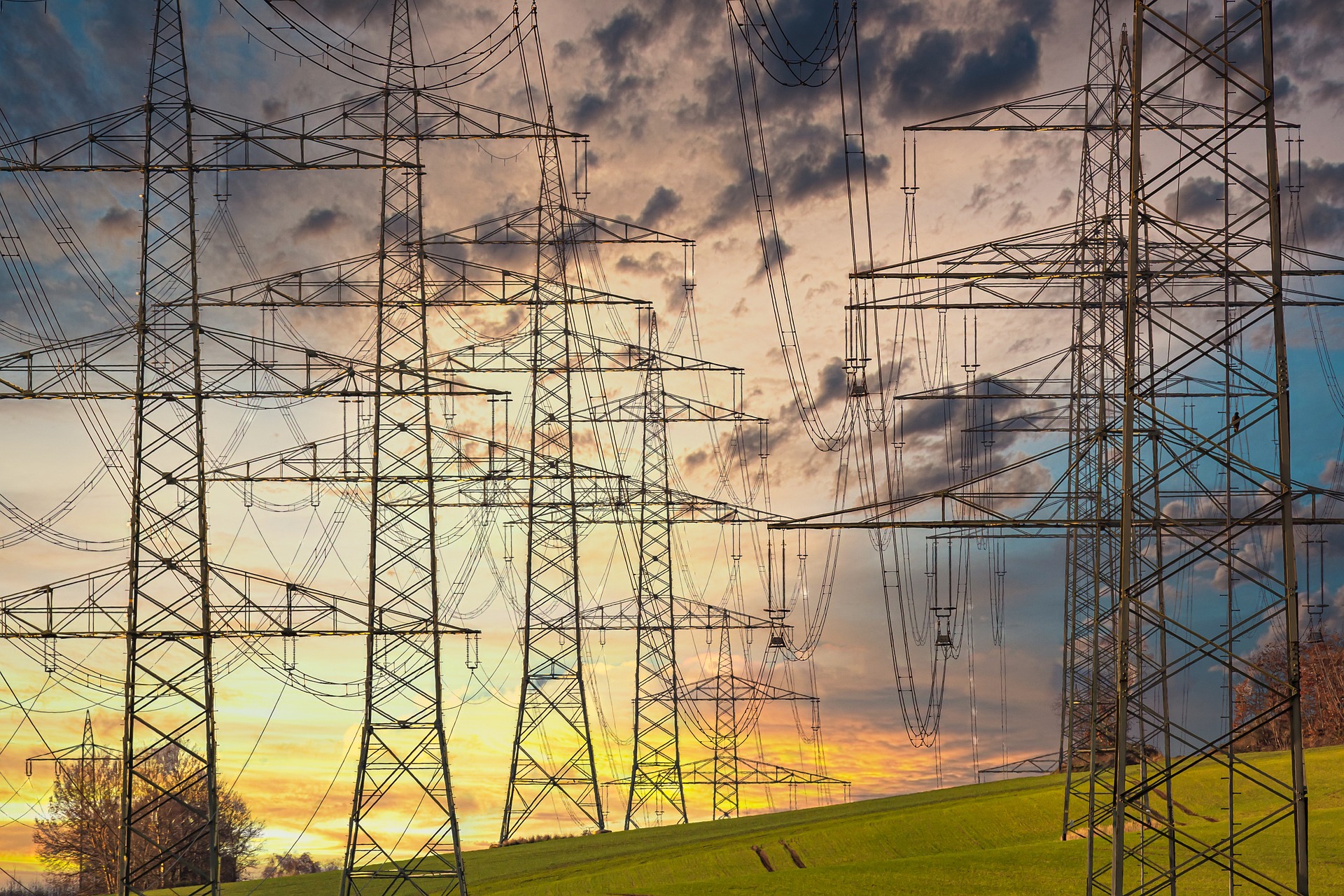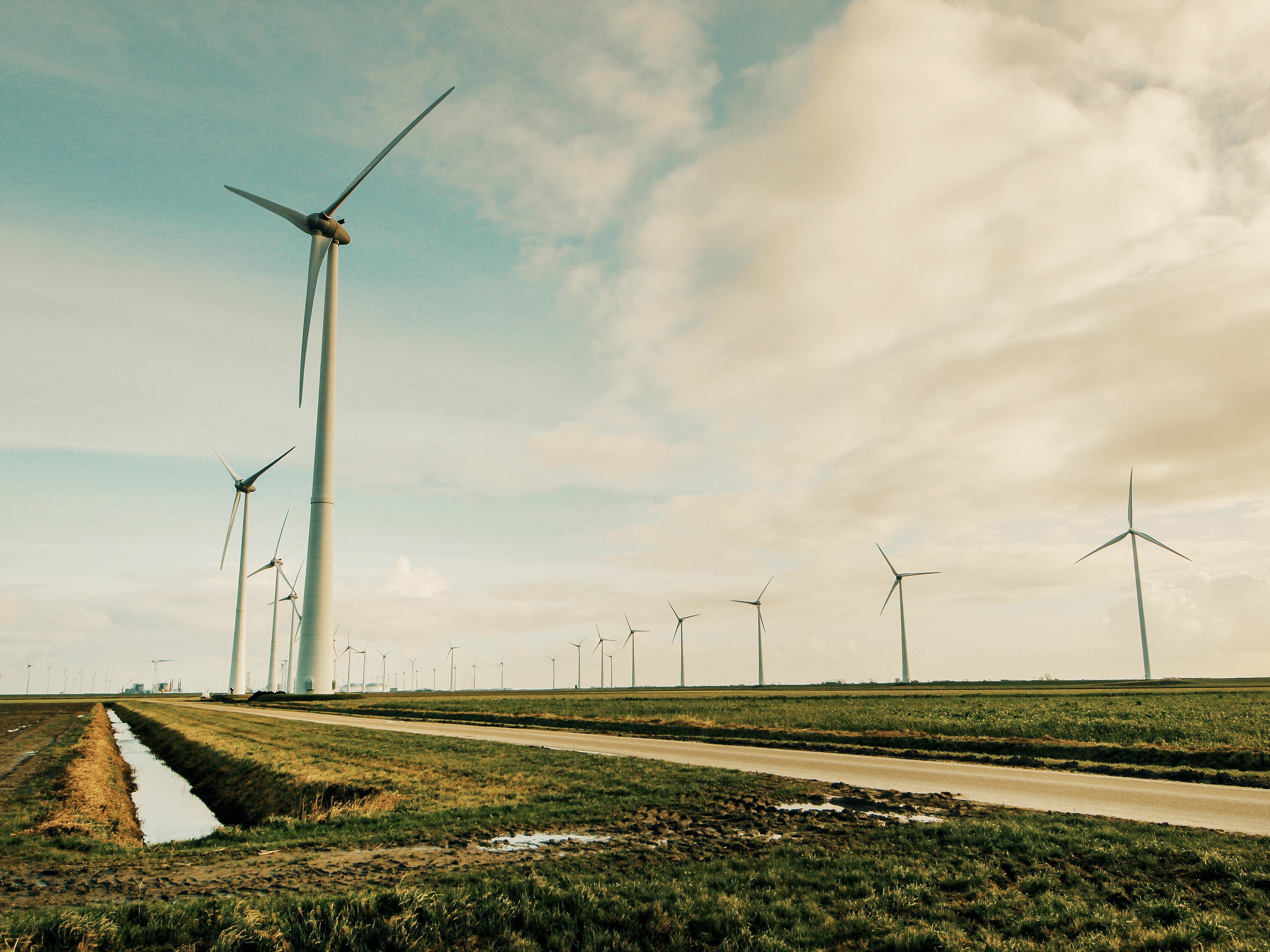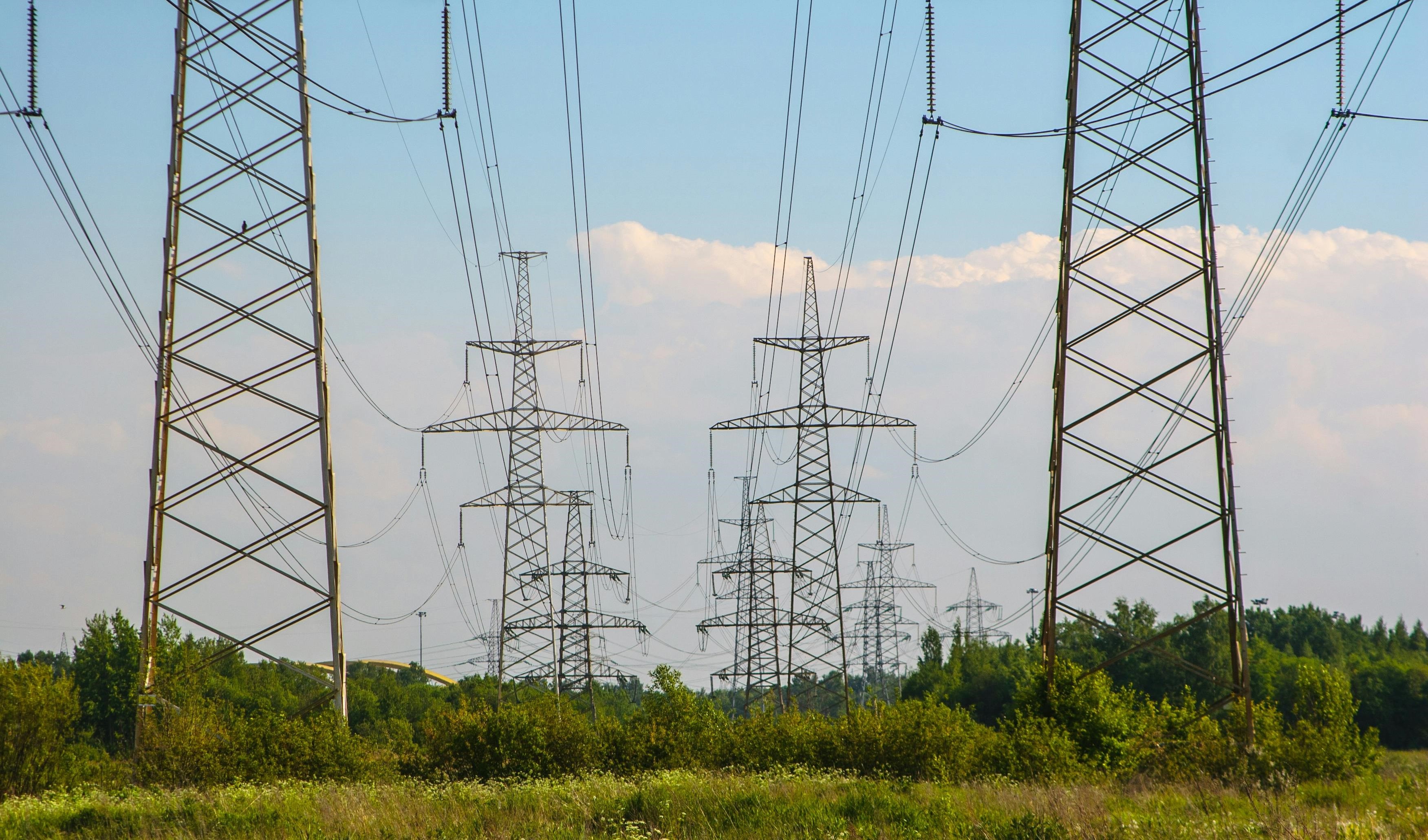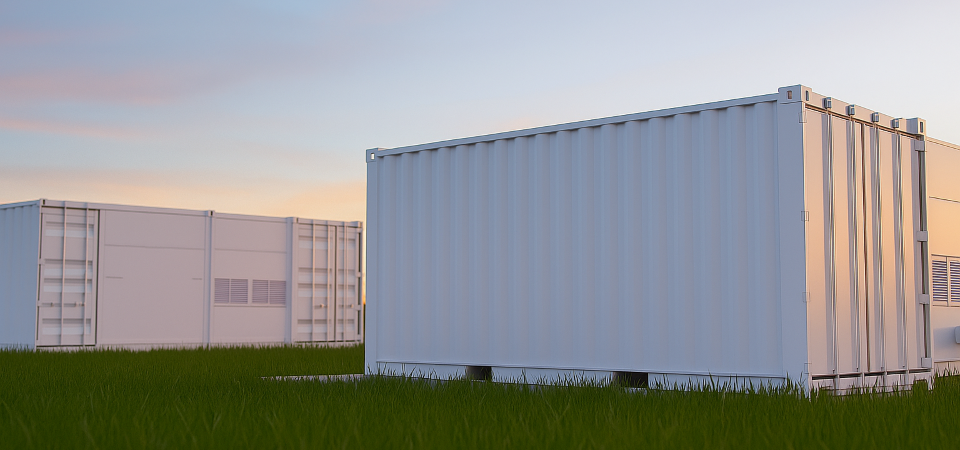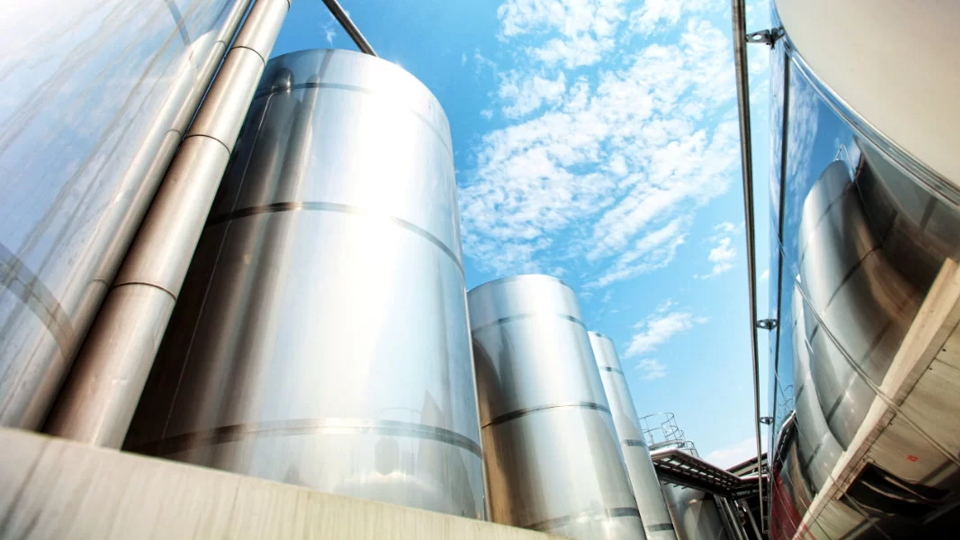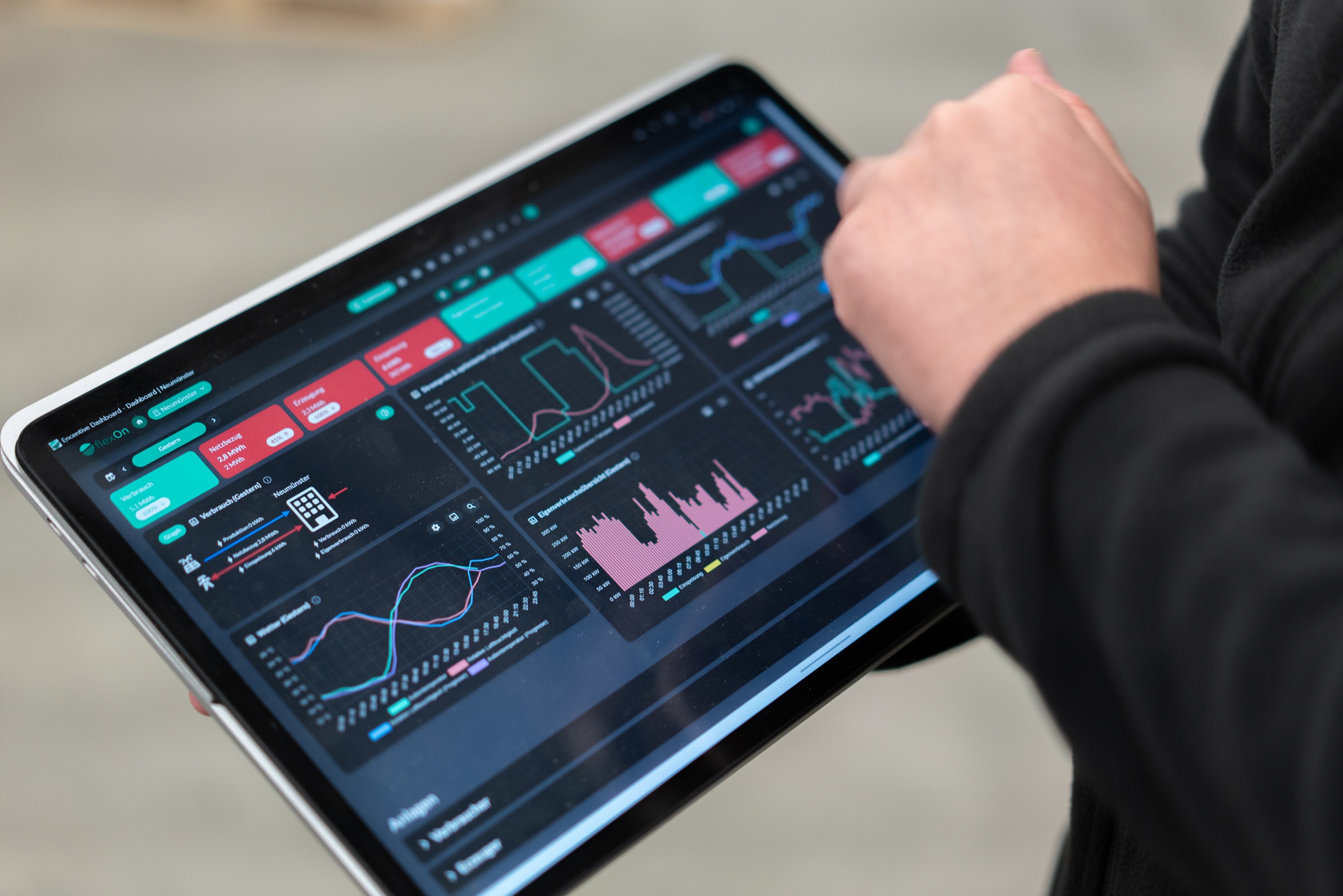Coalition agreement 2025: What is in store for industry now
The 2025 coalition agreement brings new drive to energy policy. The new federal government (CDU, CSU, SPD) is committed to climate neutrality by 2045 — with specific goals for more renewable energy, digitalization and, above all, more flexibility in the energy system. For industrial companies, this means that energy optimization is becoming a strategic success factor.
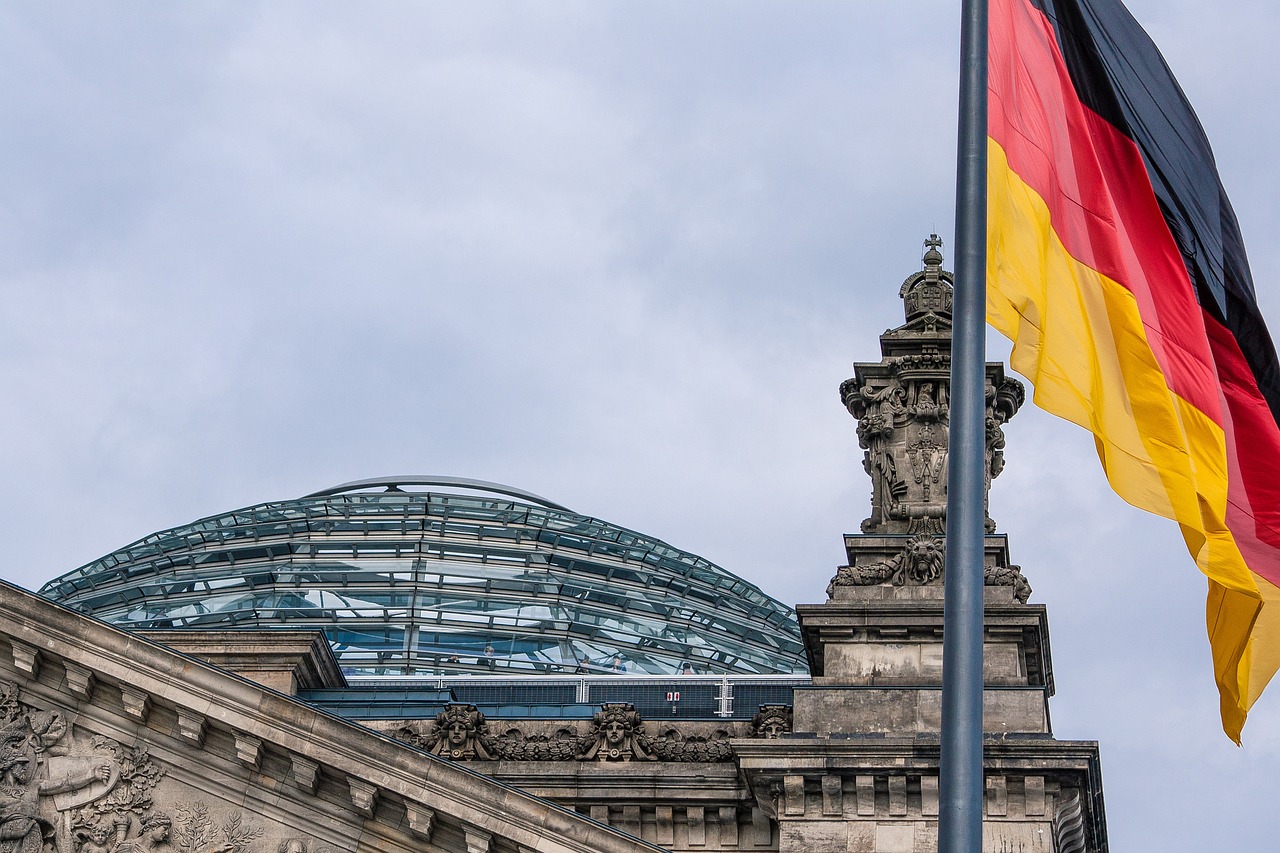
The chapter 1.4 “Climate and energy” is at the heart of the energy policy agenda in the new coalition agreement. It sends out clear signals: more renewable energy, more energy efficiency and significantly more flexibility in the energy system. Together with other energy-related measures in the chapters on industry, infrastructure and digitisation, it becomes clear that the transformation of energy supply is a cross-cutting task and one of the central priorities of the Federal Government.
But what does that mean in practice?
Climate goals, expansion, investments: An overview of the most important points
- A massively accelerated expansion of renewable energies: The share of gross electricity consumption is to be massively increased through the accelerated expansion of wind and solar energy and simplified permits.
- Reducing electricity prices: The federal government is announcing a package of measures that will permanently relieve companies and consumers of at least five cents per kilowatt hour. The plans include reducing the electricity tax to the European minimum, reducing levies and grid charges, and an expanded industrial electricity price.
- Digitalisation and flexibility: Energy storage systems, smart grids and load shifting are becoming increasingly important. The use of AI and automated control systems is being promoted in a targeted manner.
- Energy as a location factor: Industrial companies should be relieved through more predictable electricity prices, reductions in electricity tax and targeted investment incentives.
- Storage technologies in focus: In future, storage facilities will be regarded as “of paramount public interest” – a signal for faster implementation and regulatory support.
- Involving industry: Climate protection agreements, quotas for green technologies and a CO₂ border adjustment mechanism should offer companies financial incentives and prevent distortions of competition. Carbon contracts for Difference support investments in sustainable technologies, during Carbon Border Adjustment Mechanism (CBAM) ensures that companies from countries with strict climate requirements are not disadvantaged by cheaper products from countries with lower climate standards.
Flexibility in the coalition agreement
The flexibilisation is defined in the new coalition agreement as a central element of a stable, sustainable energy supply. The aim is to manage loads more dynamically, to better integrate power generation and to more actively integrate consumers into the energy system.
In order to implement this, the Federal Government is announcing the following measures, among others:
- Dynamic electricity tariffs that pick up on price volatility and reward flexibility on the consumer side
- Simplified permits for storage facilities classified as equivalent to generation plants
- The targeted removal of regulatory hurdles in order to bring flexibility into practice more quickly and to create incentives for network-friendly use
These political guidelines make it clear that flexibility is no longer an issue of the future, but a guideline for business and industry.
What this means for industry
The pressure to act is increasing for manufacturing companies, energy-intensive companies and medium-sized industrial companies. Fixed prices and rigid load profiles are a thing of the past. However, without insight into energy consumption and optimisation of it, flexibility remains theory. This is where intelligent energy management systems such as flexOn come into play, which optimise and automatically control power consumption. Anyone who invests in flexibility now not only gains economic benefits, but also improves their regulatory position.
Energy optimisation: From political goal to industrial practice
We at encentive support industrial companies in translating requirements into concrete measures. With flexOn, our smart energy management platform, we offer a solution that analyses energy flows, develops optimised timetables and manages consumers accordingly. flexOn adapts electricity consumption to market prices, network utilisation or our own generation. For example, load is automatically shifted to periods of low stock market electricity prices or high PV production. Charging e-trucks or your industrial battery storage can also be optimised precisely for these periods of time.
Solutions like this are no longer just a technical gimmick. They are a prerequisite for modern, resilient industrial processes. And they help companies to prepare themselves for the future ecologically, economically and in regulatory terms.
Energy optimisation as a key competence
The energy revolution is not a future project ahead of us. It is taking place now – and it affects industry in a very specific way. The 2025 coalition agreement clearly shows that anyone who makes energy consumption transparent, manages intelligently and enables flexibility makes a contribution to climate protection and at the same time secures competitive advantages. For companies, energy optimisation is thus becoming a key competence for a sustainable and successful future.





.png)
